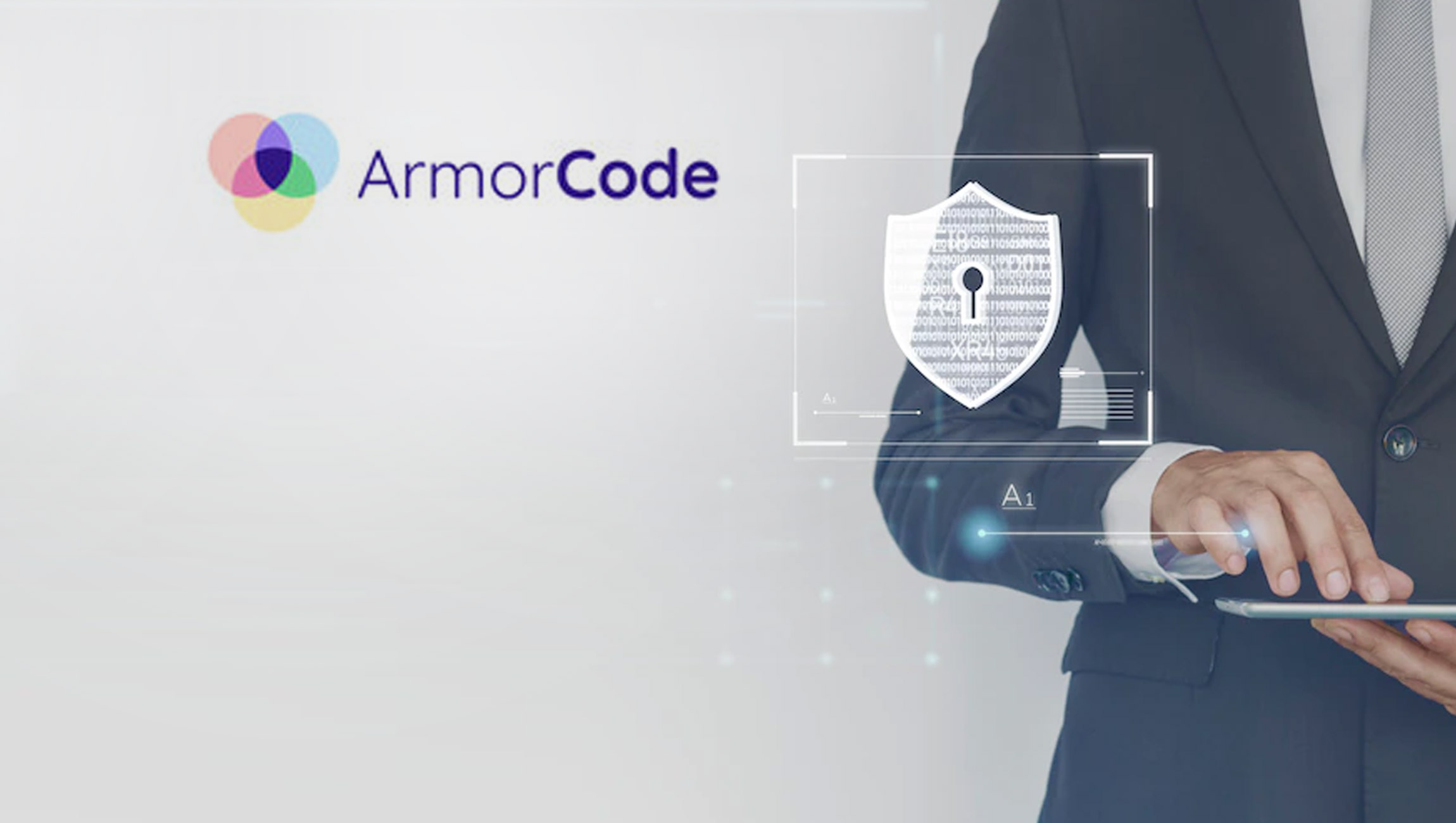Why non-fungible tokens have taken the internet by storm and what it means for content creators
If you have been following pop culture as of late, then you have undoubtedly heard of the NFT craze that has captured the attention of celebrities and entrepreneurs alike. In January, late-night TV host Jimmy Fallon and hotel heiress/social media influencer Paris Hilton famously plugged their “Bored Ape Yacht Club” NFTs, which are essentially digital renderings of cartoon apes that can sell for more than $200,000 apiece.
Unsurprisingly, the segment was widely panned as awkward and tone-deaf by a public still reeling from the impacts of a lingering pandemic and record levels of inflation on goods and services across the spectrum.
Much of the hesitation that people have today towards cryptocurrencies can be traced back to the hype machine that was created by celebrities and other overly eager investors who pontificated on the potential of Bitcoin revolutionizing everyday commerce only to create a volatile market that has seen wild swings in value over the past several years.
However, those dismissing both cryptocurrencies and NFTs out of hand based on the actions of a few prominent individuals would also be doing a disservice to the actual potential and benefits they present to content creators and collectors.
Marketing Technology News: Autentica Announces Its Official Launch and $1.2M Pre-seed Funding to Develop Cross-Chain Certifying Technology for NFTS
NFTs Defined
So, what exactly is an NFT? NFT, which is short for non-fungible token, is an unalterable digital asset that uses the blockchain to identify rightful ownership of said asset as it is bought and sold on the internet.
Though much of the attention of NFTs has thus far focused on digital artwork, it can also be applied to a number of different digital content categories, including photos, videos, and audio files. At its most basic level, owning an NFT is much like owning an original Rembrandt or Picasso. While people all over the world may have prints of their famous works hanging in their homes, you have the satisfaction of knowing that you possess the original canvas that these artists touched.
In fact, one of the biggest criticisms of NFTs to date is the relative lack of copyright and intellectual property rights bestowed to owners of these assets. While someone may be the owner of an NFT, that does not for the most part prevent the sharing or copying of these pieces of art or files across the internet.
Despite this, however, there has been no shortage of people willing to shell out big bucks for the rights to add these NFTs to their digital art collections. So, why is this the case?
More than Bragging Rights
While one of the primary benefits of purchasing an NFT is being able to lay claim to original ownership, that in and of itself is not a trivial thing. One of the biggest problems in the world of art and memorabilia sales is being able to verify the authenticity of popular works, but the fact that NFTs use blockchain technology means that questions surrounding provenance will not be an issue. And though it may still be in its infancy, the virtual worlds collectively known as the “metaverse” that an ever-growing number of people are becoming part of today are also driving demand for NFTs, not only pieces of art but virtual real estate and land.
Without a doubt, the largest benefactors of the buzz surrounding NFTs are the creators, photographers, writers, artists, influencers, and so forth who make a living creating content that is consumed online. The ability to now sell NFTs enables creators to have more autonomy over their works and empowers them to maximize their earning potential. While this in itself is incredible, it only scrapes the surface of the true value of NFTs. They will not be solely bought for the art itself, but for the utility, benefits, and access they can provide to creators and holders. NFTs have the opportunity to bring people together to build communities like we’ve never seen before, while simultaneously supporting the artist and giving holders benefits that relate directly to their passions or careers.
Many of the world’s biggest brands, including Coca-Cola, McDonald’s, and Gucci, have also jumped on the bandwagon, buying or creating their own NFTs as yet another way to connect with consumers and support various charitable causes. In the case of Gucci, the world-renowned fashion brand recently auctioned off an NFT of a four-minute film that was created to support one of their runway shows for $25,000, which was subsequently donated to UNICEF to support their COVAX initiative.
NFTs present an exciting opportunity for the creator community and its implications for the digital economy stretch far beyond ape avatars. Their ability to create a one-to-one relationship within communities and fan bases and produce revenue and creations like we’ve never seen before is unmatched. It’s truly the ultimate online community-building tool for brands and creators.
Marketing Technology News: MarTech Interview with JR Sherman, CEO at RainFocus











